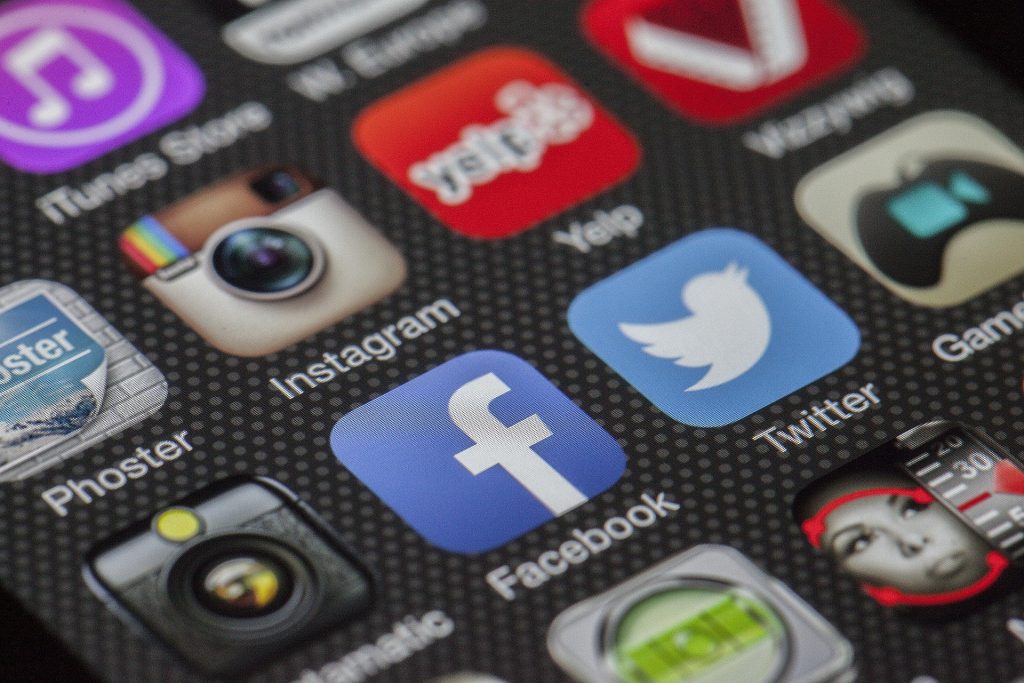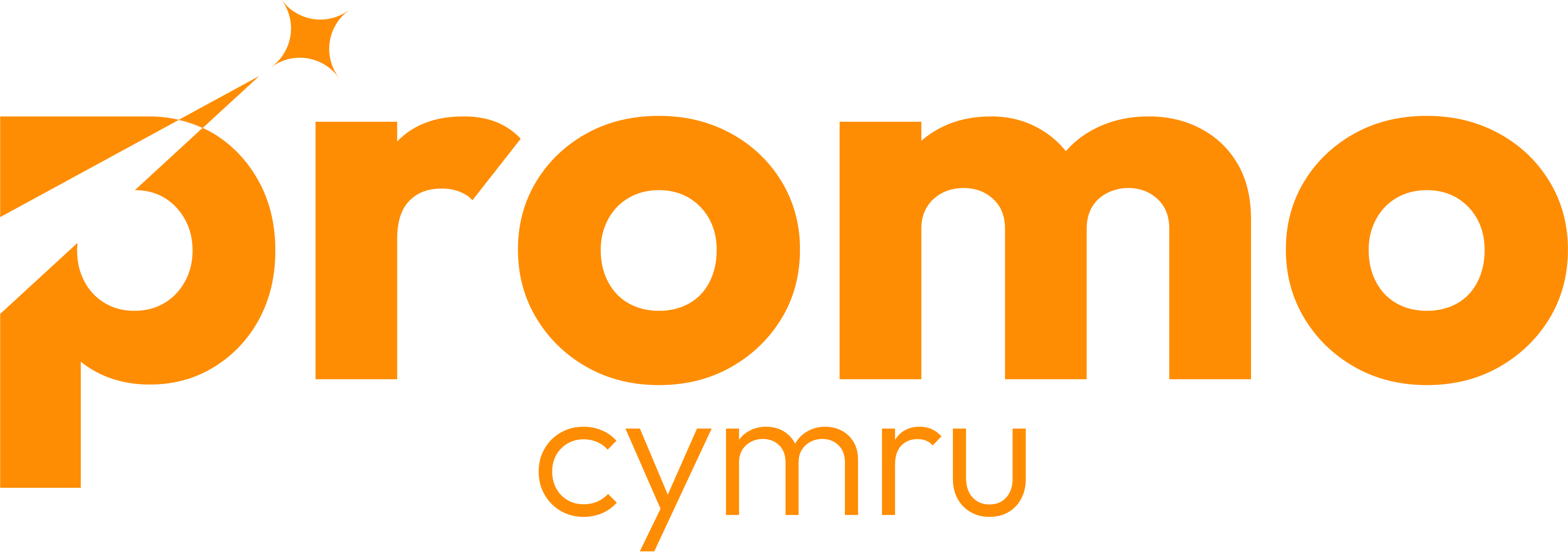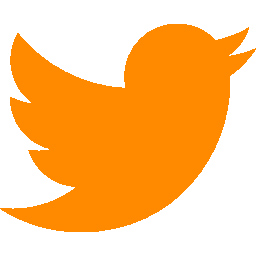by ProMo Cymru | 5th Apr 2019
Written By Thomas Morris
Young people are becoming ever more aware of their digital footprint. The digitally native generation has learned to separate their various online personas and their real life presence. The amount of admin involved with running various social media accounts (and various not so social accounts too!) is likely to perplex the average adult.

Alt accounts
“Alt”, or alternative, accounts have always been a thing- in online games. A player might log in to their usual play-space under a second account, with a different name, in order to do things they can’t do on their main account. For example, if a player has developed a big following either in game or in an online community such as YouTube, they might like to play without fans harassing them for the digital equivalent of an autograph.

Fed up of Facebook?
On Facebook, in particular, as demographics have changed and parents have tried to add themselves to teens’ friend lists, young people have started using more comprehensive forms of privacy controls online. They filter who gets to see their various types of user-generated content. Many young people, fed up with this paradigm shift, appear to have left the social network entirely – which of course is a big part of the reason that Facebook bought Instagram.
Flop accounts
On Instagram and Twitter, it is much easier to have separate accounts – public and personal, perhaps a business account too. You can switch accounts easily on their apps too. This has led to the development of the “flop” account on Instagram. Flop accounts are where young people share an account and post images related to current affairs or drama within their real-life or digital communities. There is an element of anonymity behind the accounts, but they effectively act as curated news feeds.

Private group chat
Then you have the private channels that are harder to observe. How much chat do you think goes on in the chat box of an online game for example? A particular behemoth now is Discord, the social app designed specifically for gaming. Private groups on Discord, WhatsApp (also a Facebook acquisition) and Facebook itself are closed channels. This means you can’t simply look on or lurk. The design of such a group is that you are a key participant, even if one of many. You are constantly compelled to contribute, and by doing so become part of the community. This has caused issues for journalists, who struggle to maintain the distance with their subjects needed for objective reporting. Would third sector workers have similar issues, or would you benefit from the increased trust of your participants?
Contact us
If you would like to better engage with users on private platforms or learn to create and run your own get in touch with ProMo-Cymru by emailing Nathan on nathan@promo.cymru













